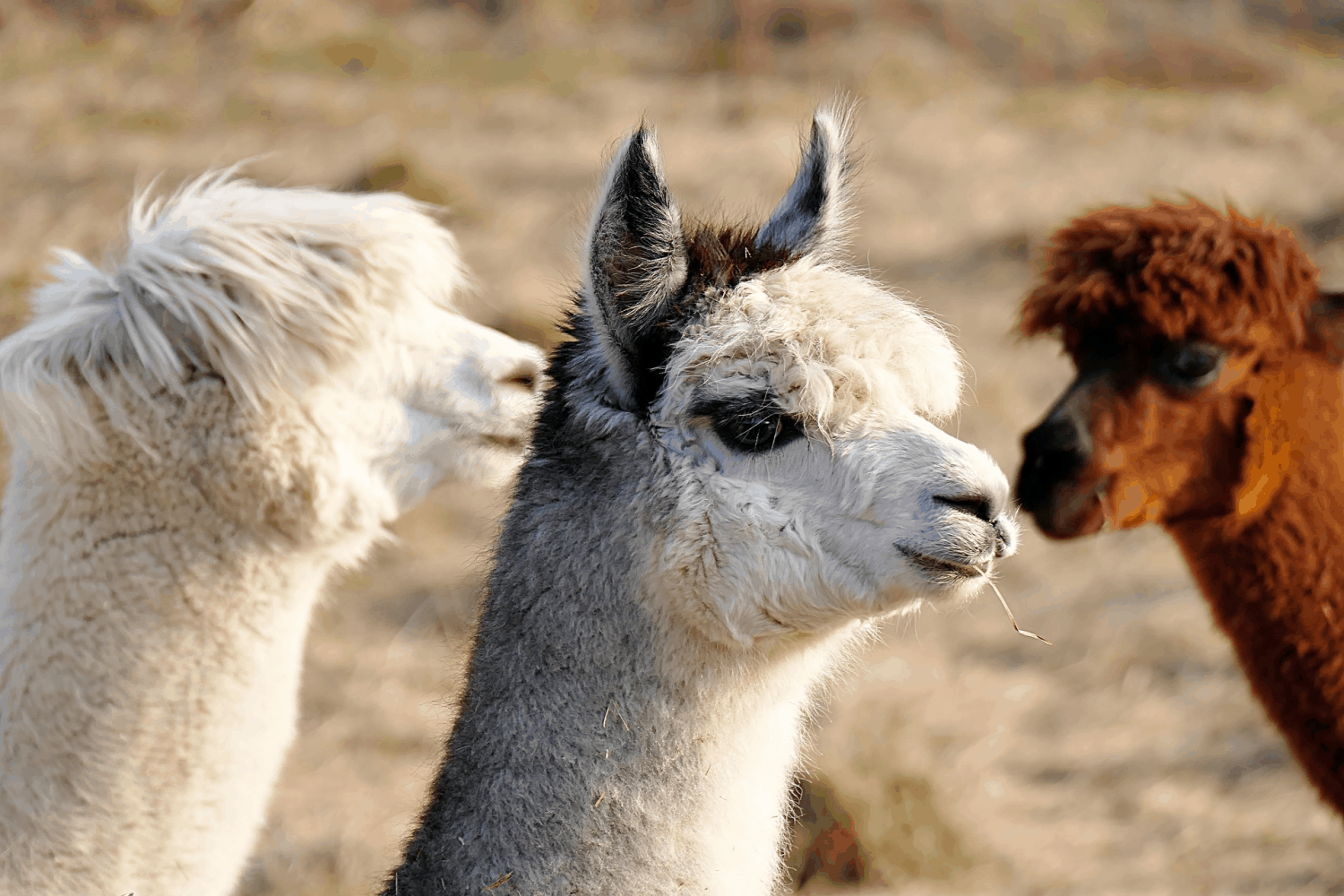Surely you have heard of alpaca wool, but you may not know the origin of this luxurious natural fiber. The alpaca is a South American camelid domesticated more than 6,000 years ago in the Andes, bred solely for its wool. The wool is obtained by shearing the animal’s fleece, during which utmost care is taken not to damage the animal using ancient techniques. Now that you know the origin of this natural fiber, we will tell you why your next garment should be handmade with organic alpaca wool.
Alpaca wool is elastic and resistant, being three times more durable than sheep wool despite the fineness of its fibers. This means any cardigan or sweater made with alpaca wool will last a long time in your closet, making it a sustainable choice for slow fashion.
Alpaca wool is very fine, with fibers that can reach 13.1 microns of fineness, making it the thinnest wool in the world, as recorded in the Guinness World Records book in 2017.
It also has excellent thermal properties, as it is seven times warmer than sheep’s wool, helping to maintain body temperature despite external conditions. It is breathable as it contains microscopic air pockets inside, helping to combat temperature changes while conserving heat.
Alpaca wool has more than 22 natural colors ranging from brown to gray, which is rare in other wools. It retains its shine and silkiness despite production, dyeing, and washing. Especially for cardigans and sweaters, wool has a natural shine that lasts for years.
It is hypoallergenic, as it does not contain fat, oil, or lanolin, which are common in sheep’s wool, making it suitable for all skin types.
Lastly, it is resistant to solar radiation and water repellent, ensuring that its appearance, shape, and durability are not affected when it gets wet. These are some of the reasons that make alpaca wool one of the most luxurious natural fibers in the world, included in the world of slow fashion.

